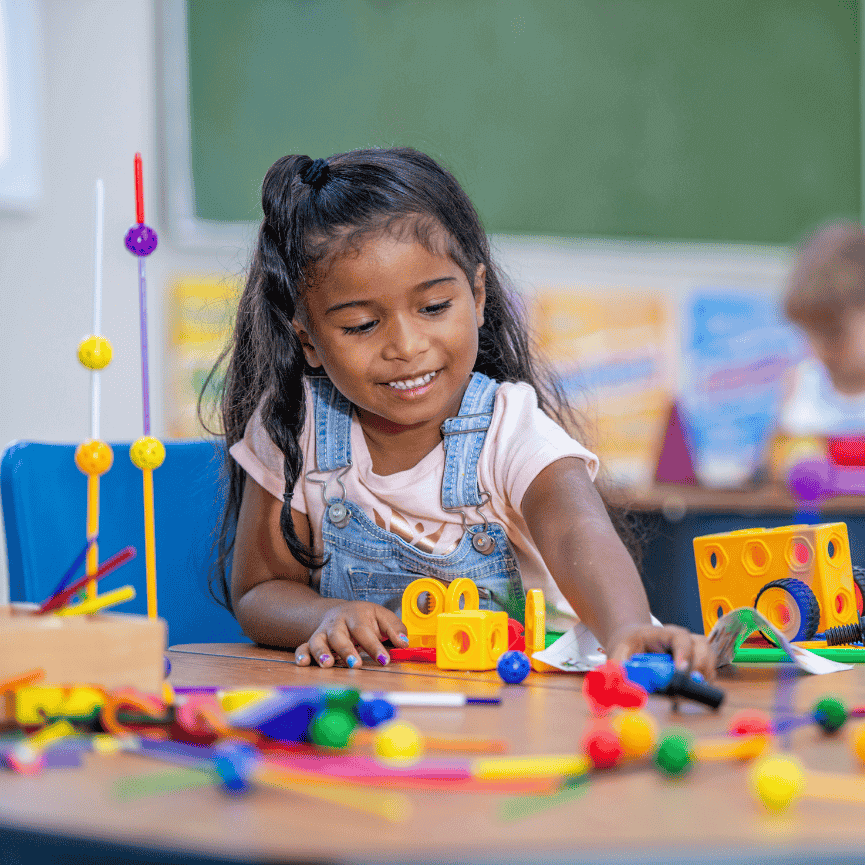
- Feb 04, 2025
- 10 Views
- 0 Comments
Is Playtime The Key To Social Interaction?
Autism and Play: Encouraging Social Interaction Through Playtime
Play is a fundamental part of childhood, offering endless opportunities for learning, exploration, and social interaction. For children with autism, play can be both a joyful experience and a challenge. Encouraging social interaction through playtime is crucial for their development, as it helps build communication skills, fosters emotional connections, and enhances cognitive abilities. In this article, we'll explore various ideas and activities that can promote social interaction and play among children with autism, providing parents and caregivers with practical tools to support their child's growth.
Understanding the Role of Play in Autism
Why Play Matters for Children with Autism
Play is more than just a fun activity; it's a critical aspect of learning and development for all children. For children with autism, play can help improve social skills, communication, and emotional regulation. Engaging in play allows them to practice turn-taking, share experiences, and interact with peers, all of which are vital for their social development.
How Play Helps Develop Social Skills
Through play, children with autism can practice and enhance their social skills in a natural and enjoyable way. Activities that involve cooperation, sharing, and problem-solving provide opportunities for them to learn and apply these skills. Play also helps them understand social cues and emotions, which can be challenging for many autistic children.
Ideas for Playtime Activities
Structured Play
Structured play activities are organized and have specific goals, which can be beneficial for children with autism who may need clear guidelines. Examples include:
- Board Games: Choose games that are simple and easy to understand. Games like "Candy Land" or "Chutes and Ladders" can help teach turn-taking and following rules.
- Puzzle Solving: Puzzles encourage problem-solving skills and can be a fun way for children to work together.
Sensory Play
Sensory play involves activities that stimulate the senses and can be particularly engaging for children with autism. Some sensory play ideas include:
- Playdough Creations: Playing with playdough can be soothing and help develop fine motor skills. Children can create shapes, figures, and even collaborate on projects.
- Sensory Bins: Fill bins with materials like rice, beans, or sand. Add toys and tools for scooping and pouring, which can be calming and engaging.
Interactive Play
Interactive play encourages children to engage with each other and their environment. Some interactive play activities include:
- Role-Playing Games: Dress-up and role-playing help children explore different scenarios and practice social interactions. This type of play can improve empathy and understanding.
- Building Projects: Use building blocks or construction toys to work on collaborative projects. This helps children learn about teamwork and problem-solving.
Creative Play
Creative play allows children to express themselves and explore their imagination. Try these activities:
- Art Projects: Provide materials for drawing, painting, or crafting. Art projects can be a great way for children to express their feelings and ideas.
- Music and Dance: Play different types of music and encourage dancing or making music with instruments. This can be a fun way to develop rhythm and coordination.
Strategies to Encourage Social Interaction
Model Social Behavior
Children with autism often learn by observing others. Demonstrate appropriate social behavior during play and encourage them to imitate your actions. For example, show how to share toys or take turns in a game.
Use Visual Supports
Visual supports, such as picture schedules or social stories, can help children understand what is expected during play. Visual cues can provide clear instructions and reduce anxiety about new activities.
Create Opportunities for Group Play
Organize playdates or group activities where children with autism can interact with peers. Ensure that the environment is supportive and inclusive, with activities that accommodate different sensory needs and communication styles.
Encourage Peer Interaction
Facilitate opportunities for children with autism to interact with their peers. This can be done through structured activities, such as group games or collaborative projects, where children can practice social skills in a supportive setting.
Provide Positive Reinforcement
Reinforce positive social interactions with praise and rewards. Recognize and celebrate moments when children with autism engage in cooperative play, share, or communicate effectively.
Creating a Supportive Play Environment
Ensure a Safe and Comfortable Space
A comfortable and safe play environment is essential for children with autism. Ensure that the space is free from distractions and sensory overload. Provide quiet areas where children can retreat if they become overwhelmed.
Adapt Toys and Materials
Choose toys and materials that are suitable for your child's sensory preferences and developmental level. Adapt toys to meet their needs and ensure that they are engaging and enjoyable.
Foster a Positive Atmosphere
Create a positive and encouraging atmosphere during playtime. Use supportive language, offer encouragement, and provide a sense of accomplishment for each successful interaction.
Incorporating Play into Daily Routines
Integrate Play with Daily Activities
Incorporate play into daily routines, such as mealtime or bath time. For example, use play-based learning activities to teach new skills or make daily tasks more enjoyable.
Use Play as a Learning Tool
Turn play into a learning opportunity by incorporating educational activities. For instance, use games to practice counting, letters, or other foundational skills.
Maintain Consistency and Routine
Children with autism often thrive on consistency. Establish regular play routines and stick to a consistent schedule to help your child feel secure and supported.
Encouraging social interaction through play is a vital part of supporting the development of children with autism. By incorporating structured, sensory, interactive, and creative play activities, parents and caregivers can help their children build essential social skills and enjoy meaningful connections with others. Remember to create a supportive play environment, use strategies to foster interaction, and integrate play into daily routines for the best outcomes.


Comments - 0 comments till now